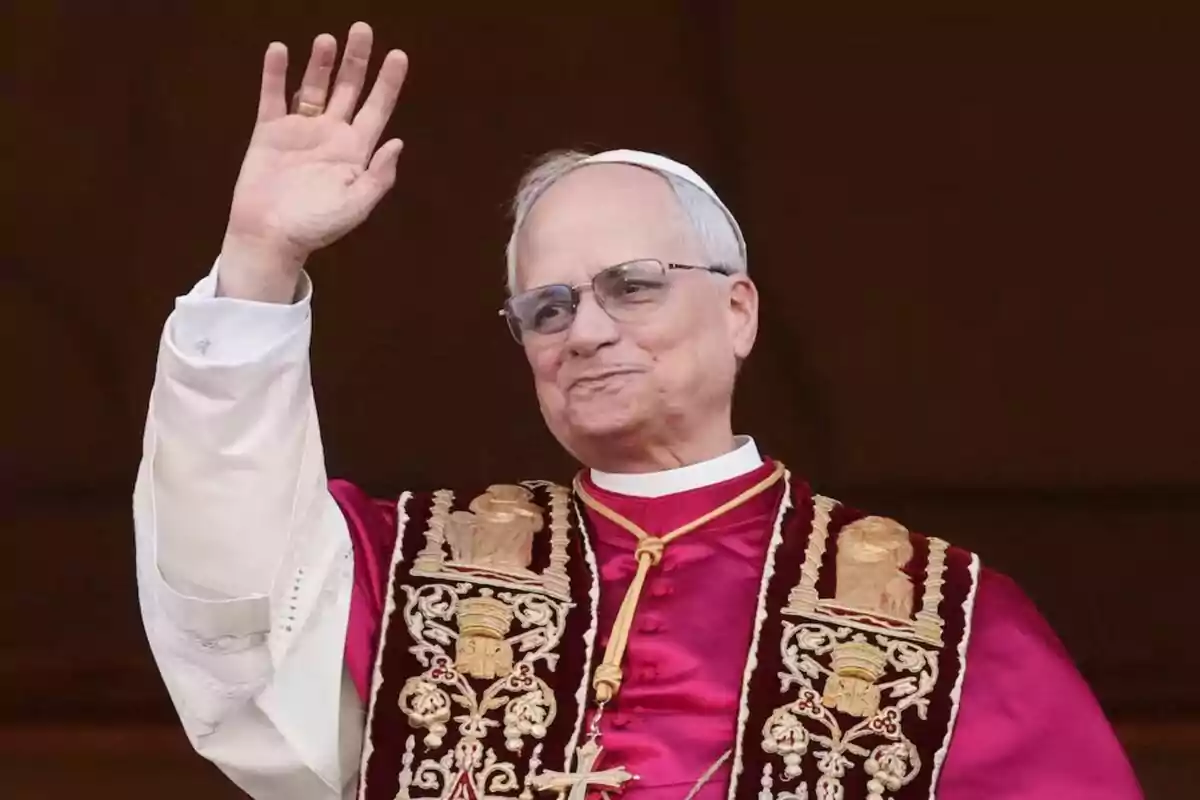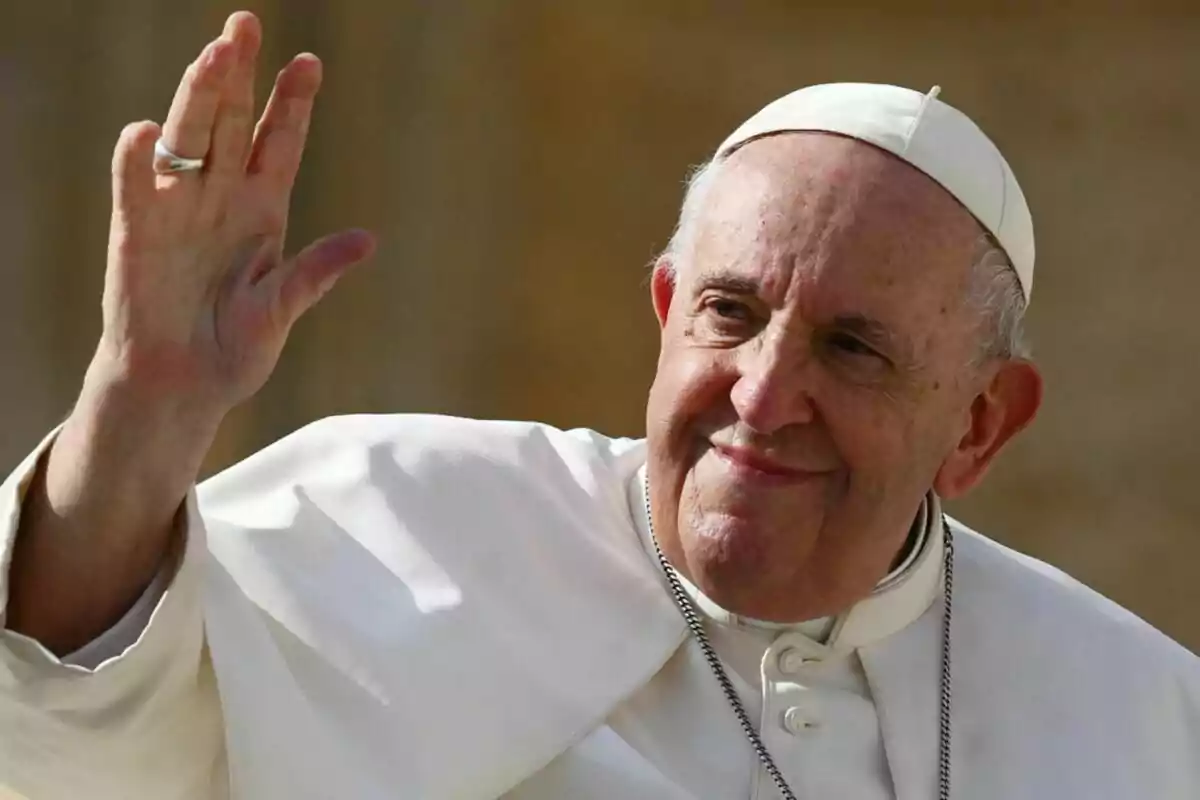
Habemus Papam: Leo XIV, a continuity bet to keep Francis's legacy
With clear progressive principles, Robert Francis Prevost is also capable of building bridges with conservatives
Three smoke signals were necessary to choose the new leader of the Catholic Church, the 69-year-old American cardinal Robert Francis Prevost. The 267th Pope has taken the name Leo XIV. He is the first American Pope in history, although he has spent most of his ministry in Peru.

The Augustinian Robert Francis Prevost is the son of a father of French origin and a mother of Spanish descent. He served as a missionary in Peru, where he lived for 40 years, before becoming the bishop of Chiclayo. In 2023, Pope Francis called him to the Roman Curia to put him in charge of the Dicastery for Bishops.
This is one of the most important positions because it is responsible for choosing bishops worldwide. There is no doubt, then, that Prevost was a man of Pope Francis's utmost trust. At the same time, he fully agreed with his progressive orientation and is a faithful follower of his legacy.
But at the same time, he is a conciliatory man, capable of building bridges with the more conservative sectors of the Church. This has been the main reason why he was chosen. In the midst of the debate on continuity or rupture, the conclave opted for a balanced solution to avoid extremes.
Missionary vocation and diplomatic profile
As the prior general of a mendicant order, Prevost was trained like Pope Francis in the missionary vocation. This brings him closer to his humble profile, a preacher of austerity and dialogue, as well as the Church's approach to the marginalized.
But at the same time, during his role as elector of bishops, he came into contact with the more conservative circles of the Church worldwide. He is not only a deep connoisseur of the Church's inner workings. He also has a dual missionary and diplomatic profile, very suitable in the current geopolitical context.
In his first speech from the balcony of St. Peter's Basilica, the Pope spoke of peace, dialogue, and inclusion. He mentioned the synodal church, a concept especially uncomfortable for the more conservative sectors. But he also brought back the traditional attire that Pope Francis rejected.

These are the first signs of a Pope who will follow Francis's legacy but at the same time wants to reach out to the more traditional sectors. Prevost has called for building "a missionary Church that builds bridges through dialogue."
Donald Trump and President Pedro Sánchez, the first to congratulate him
Donald Trump was among the first to congratulate the new Pope. "It's a great honor that he is the first American Pope, what a great honor for our country. I look forward to meeting Pope Leo XIV, it will be a very significant moment," said the American president.
President Pedro Sánchez also congratulated his election, wishing that his pontificate "contributes to strengthening dialogue and the defense of human rights in a world that needs hope and unity."
The message from the EU was very significant, highlighting "the Church's commitment to peace, human dignity, and understanding among nations." "We trust that Pope Leo XIV will use his voice on the world stage to promote these shared values and foster unity in the pursuit of a more just and compassionate world," they said.
The EU has expressed its willingness to work with the Vatican to "address global challenges and nurture the spirit of solidarity, respect, and kindness."
The three Augustinian pillars
Just as Francis was the first Jesuit Pope, Leo XIV is the first Augustinian Pope. This order takes its name from Saint Augustine of Hippo, although it was not founded by him. It emerged in 12th-century Italy from the fusion of different eremitic movements. The order gave them a common rule based on three principles.
Originally, the Augustinians were religious who withdrew from the world to live in poverty, prayer, and penance, and to dedicate themselves to contemplation. The Church's rules are based on the Rule of Saint Augustine, founded on three precepts: communal life, the search for God, and fraternal charity. Prevost, now Pope Leo XIV, has always preached the life of mission.
More posts: